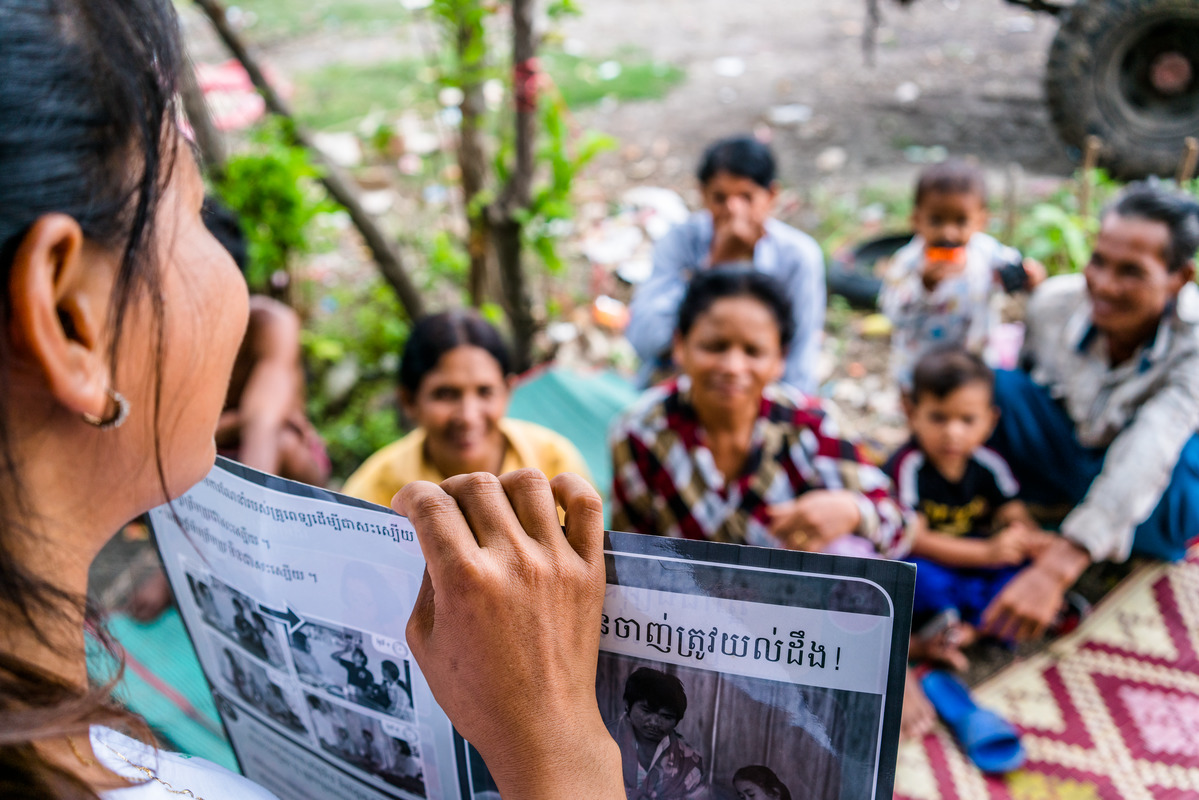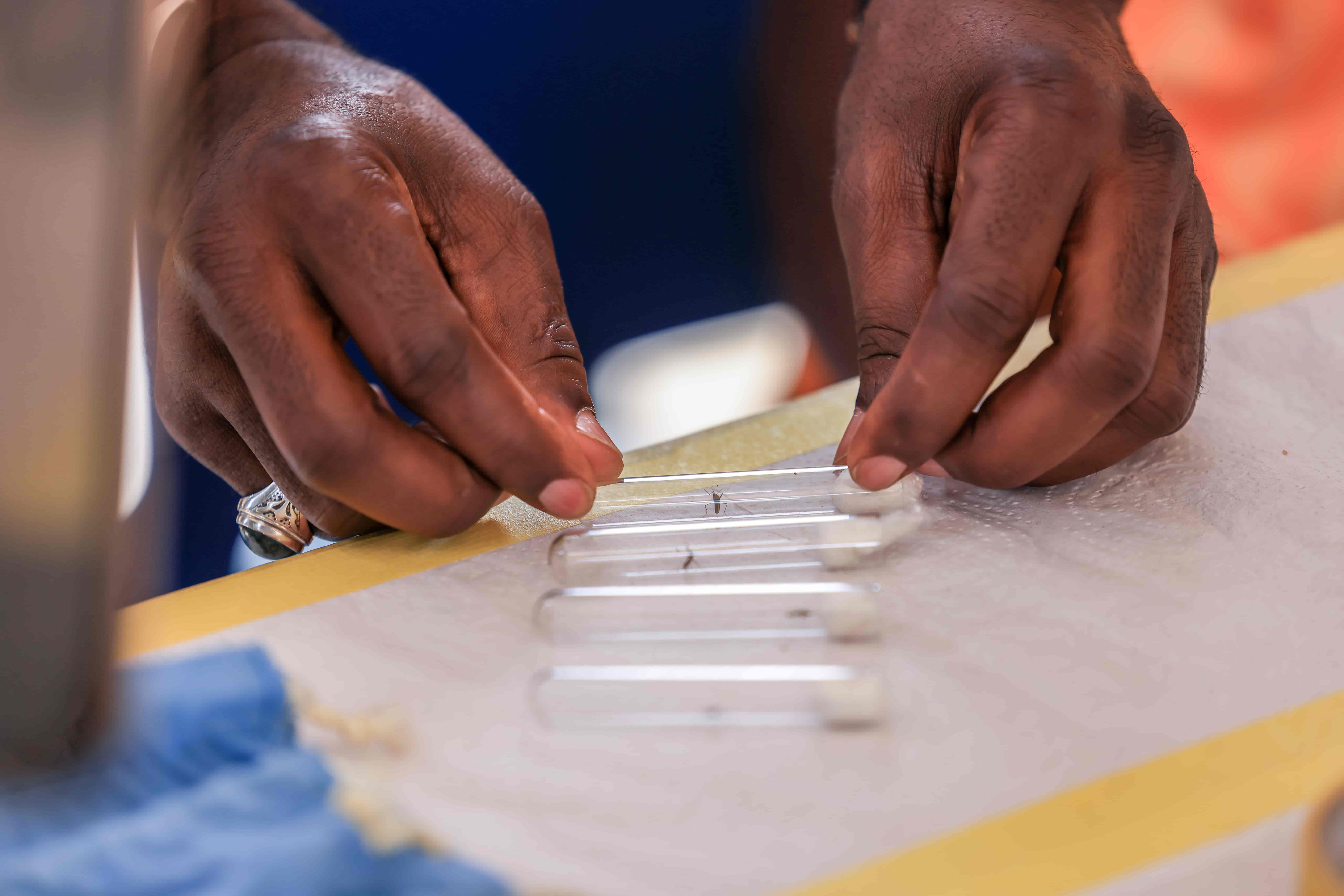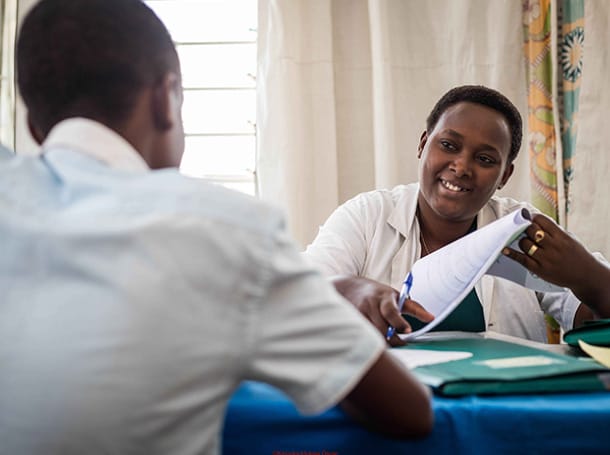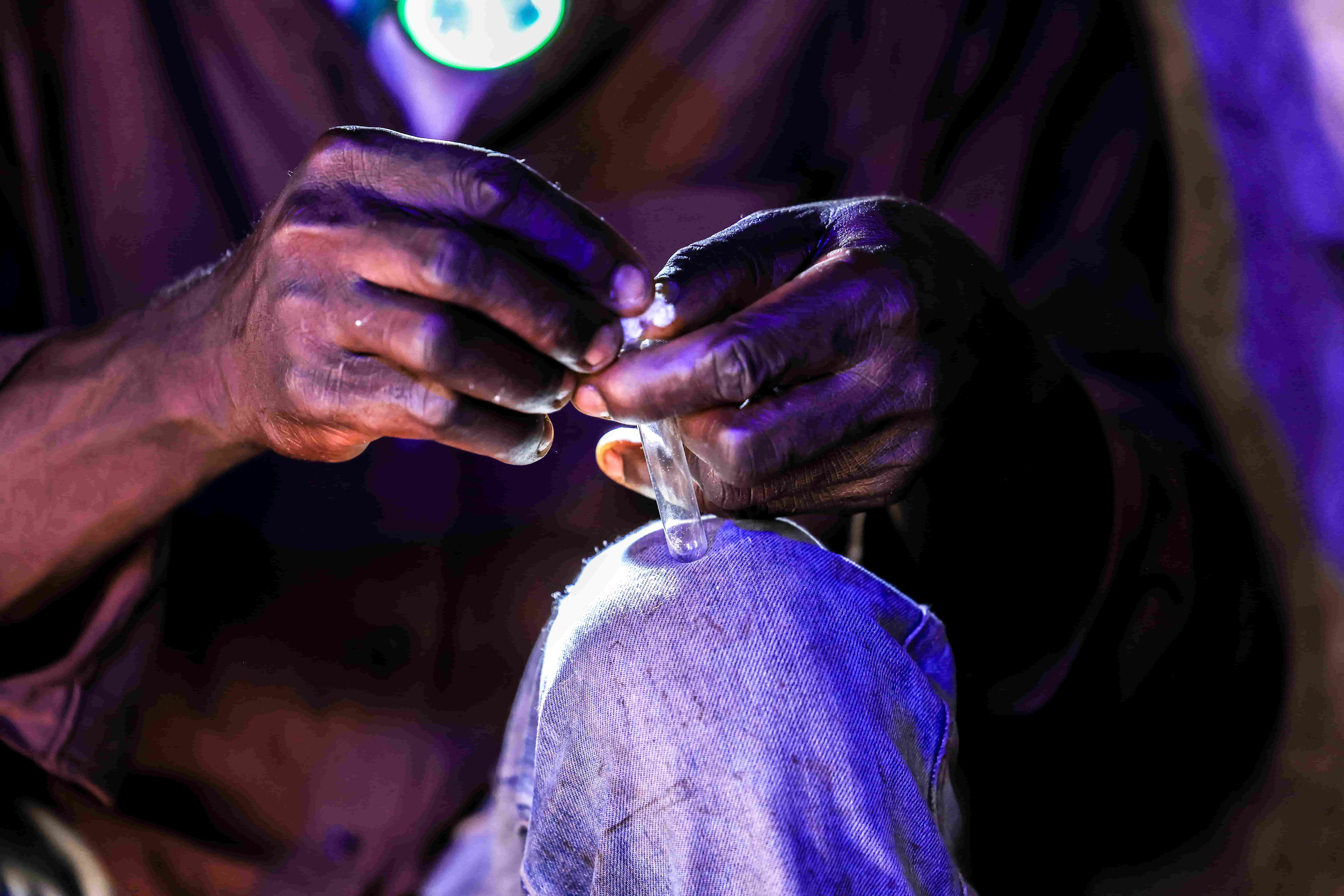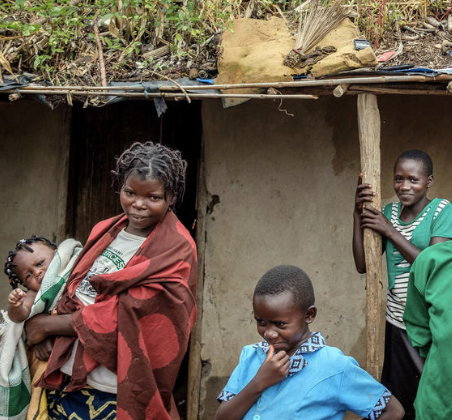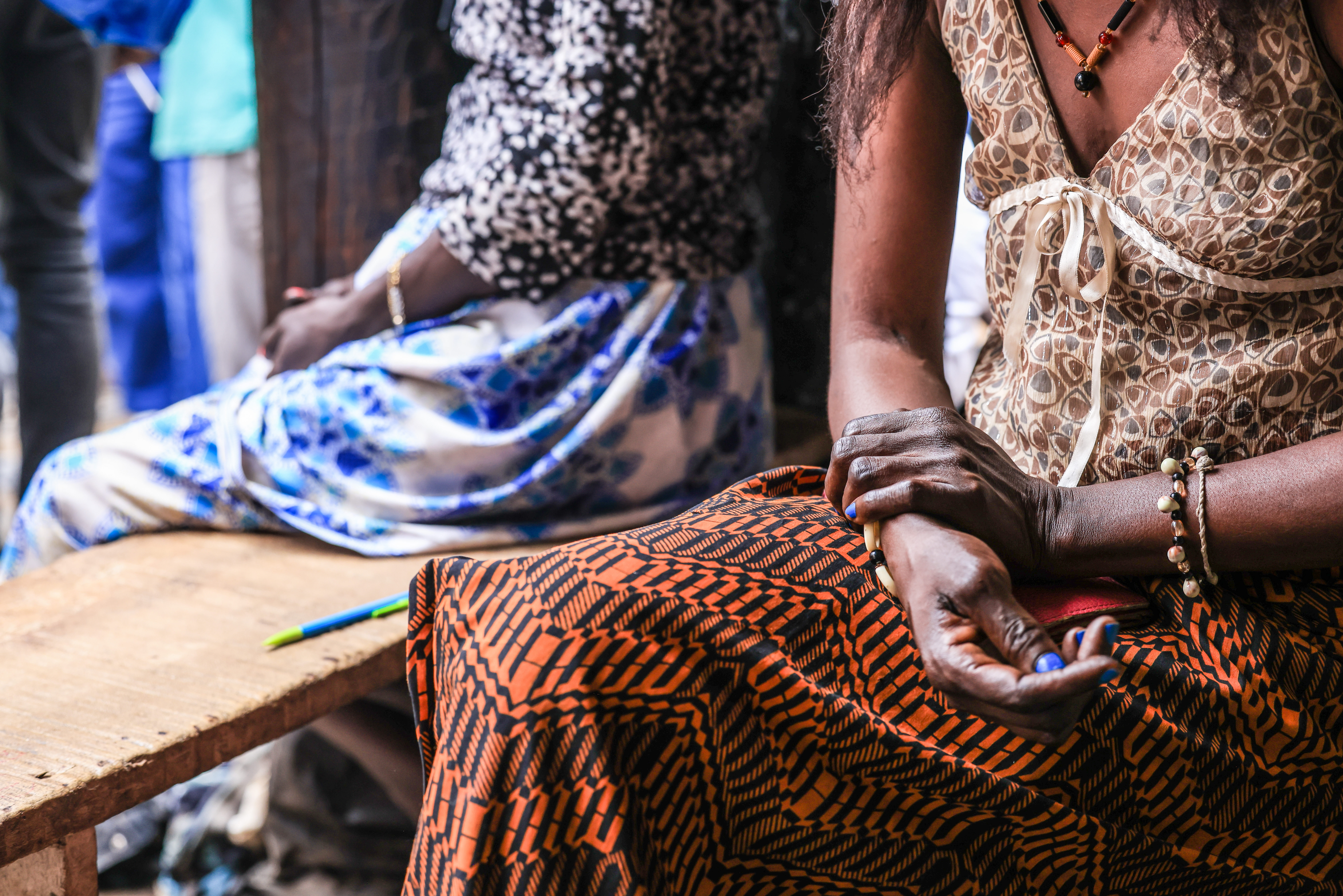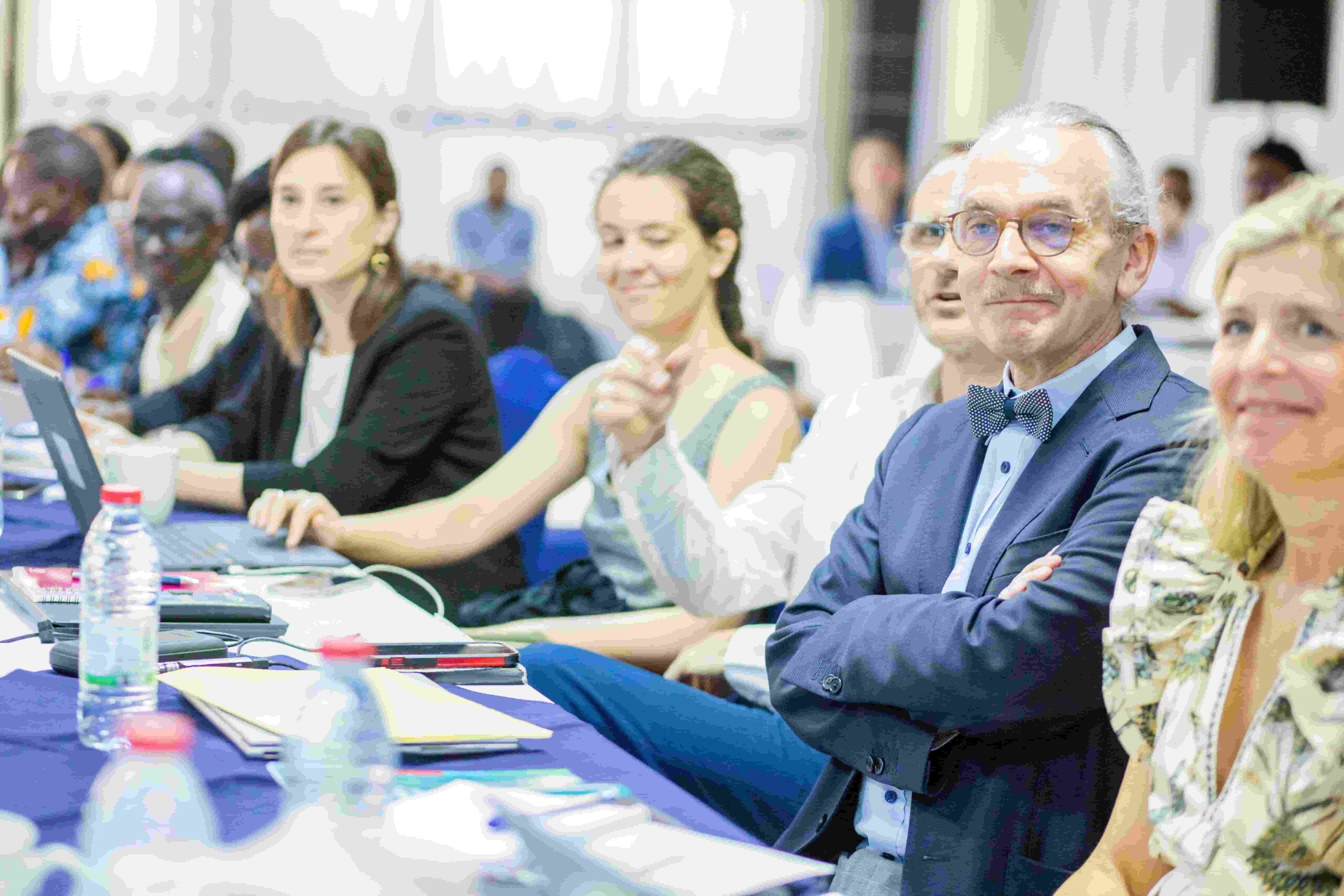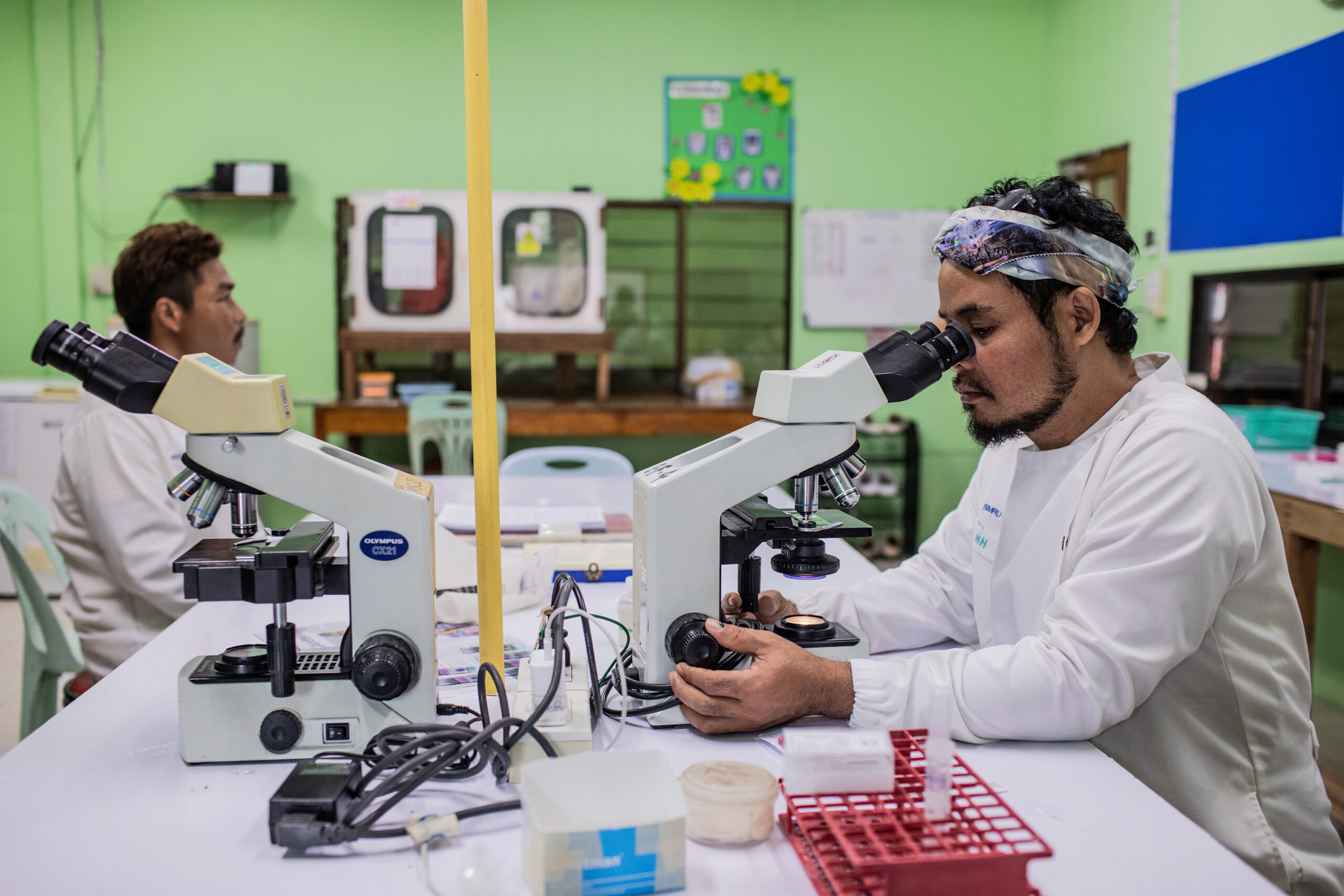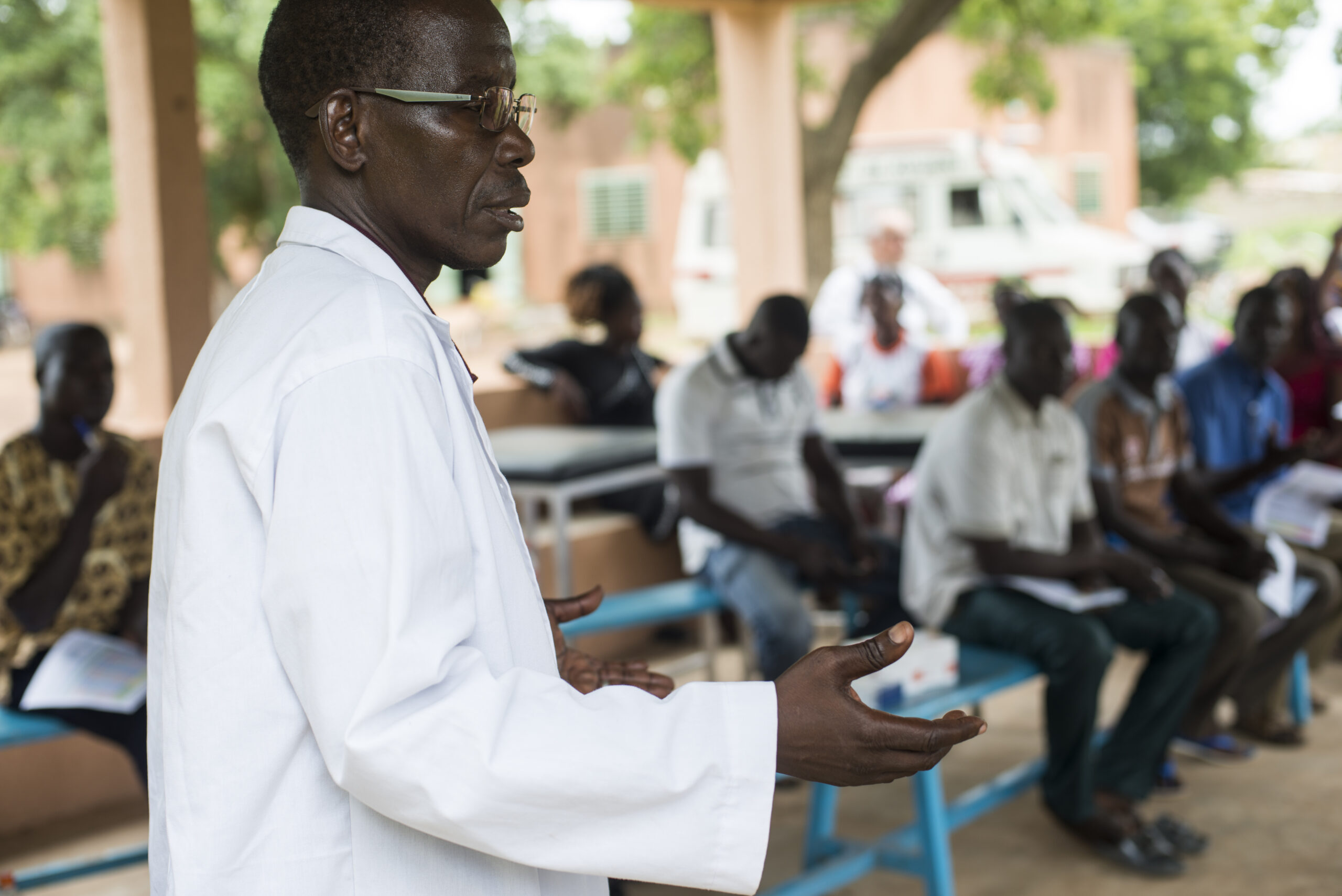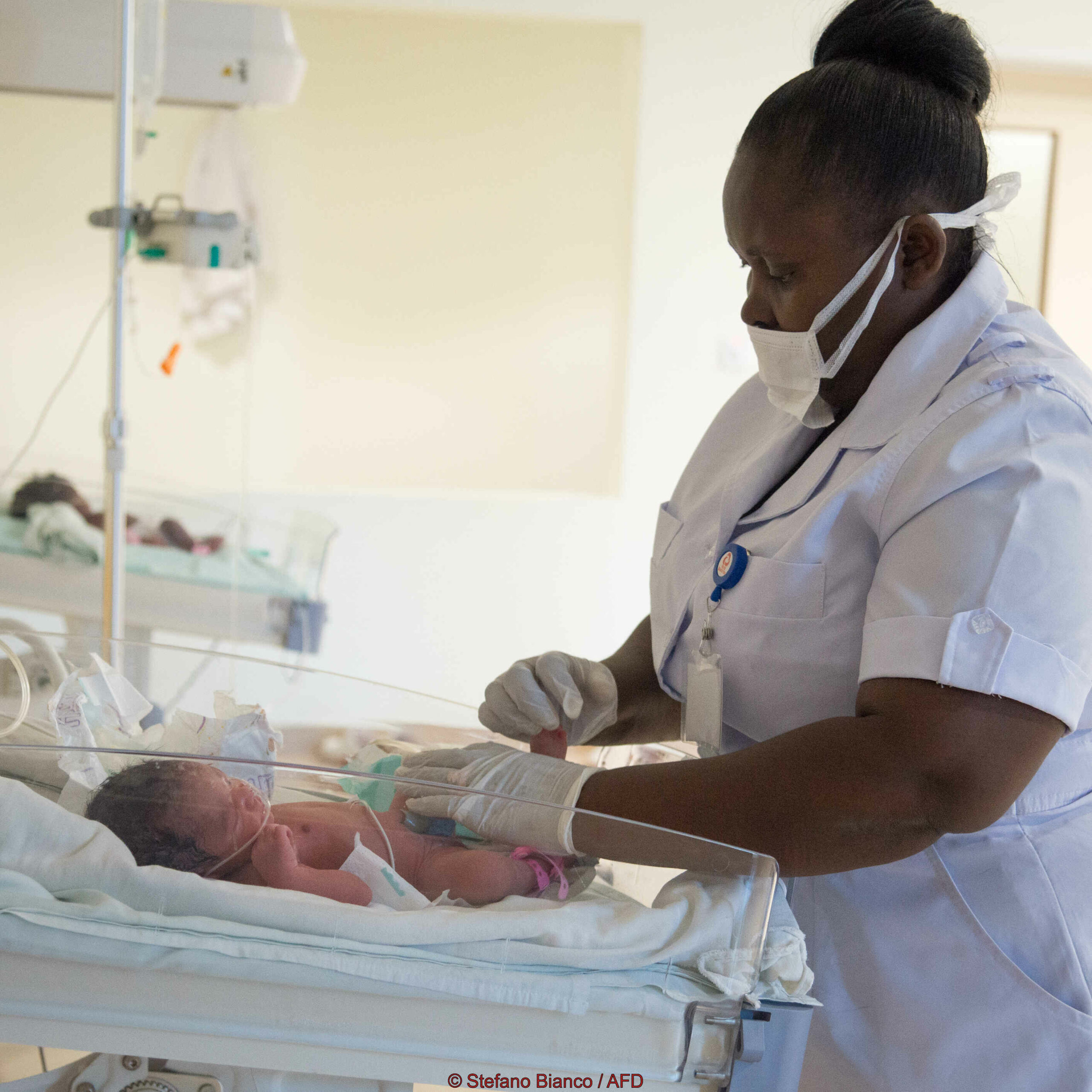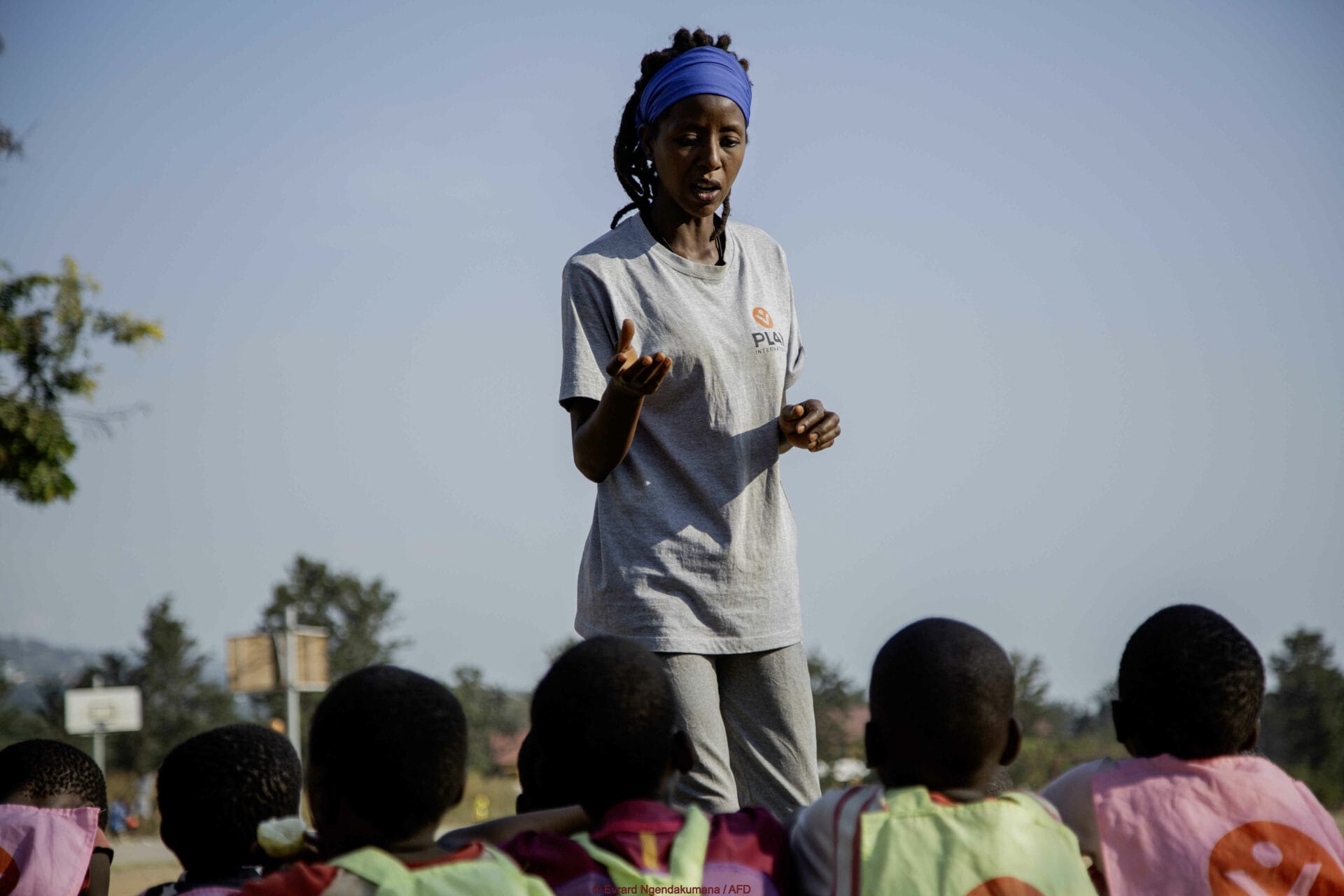The Regional Artemisinin-resistance Initiative (RAI) relies on a vast network of community health workers to monitor the evolution of malaria cases in the Greater Mekong Region as closely as possible to the populations concerned.
A global approach to a regional threat
Financed by the Global Fund, the RAI grant closely monitors the evolution of malaria cases in the Greater Mekong Region, relying in particular on a coordination network of civil society organizations made up of some 40,000 community health workers, many of them volunteers. They operate directly from the villages and rural and forest areas of the region.
The agents, equipped with smartphones, report detected cases and feed a national database in real time, facilitating a rapid response in the event of a localized epidemic. As the key link between the most vulnerable populations and the health systems, the role of community health workers is crucial, as early diagnosis and treatment are essential to eliminating malaria. In countries suffering from a crying shortage of healthcare professionals, they fill the gap and improve prevention, access to screening and the quality of care provided, particularly in the most inaccessible areas and those furthest from health centers. Because of their local proximity and direct membership of the target communities, agents play an important role in promoting health and preventing infectious diseases, which are subject to varying social representations depending on the cultural context in which these communities live.
Harmonizing the regional community response
The status of community health workers within health structures, the financial incentives available, the services for which they are trained and even their numbers vary greatly from country to country. While in Cambodia, Laos and Myanmar, they form the backbone of malaria diagnosis and treatment, in Thailand and Vietnam, very few community health workers are able to diagnose and provide care, due to more restrictive national regulations. This results in inequalities of treatment and access to healthcare equipment and materials in different countries, complicating the coordination and management of volunteer networks at regional level. This affects the development of a sustainable regional community strategy.
A report on the role of community health workers in the RAI region recommends that they should be more closely integrated into the health systems of the five countries, so that they benefit from better working conditions, a decent wage and better training. The same report also recommends training these agents in the management of health problems affecting communities, such as diarrhea, malnutrition and respiratory infections. This would reinforce their role in prevention and awareness-raising, and involve them in referring patients to primary care facilities. Finally, the report suggests drawing up national roadmaps to strengthen regional coordination of community health worker networks, enabling their missions and deployment to be harmonized across countries.
